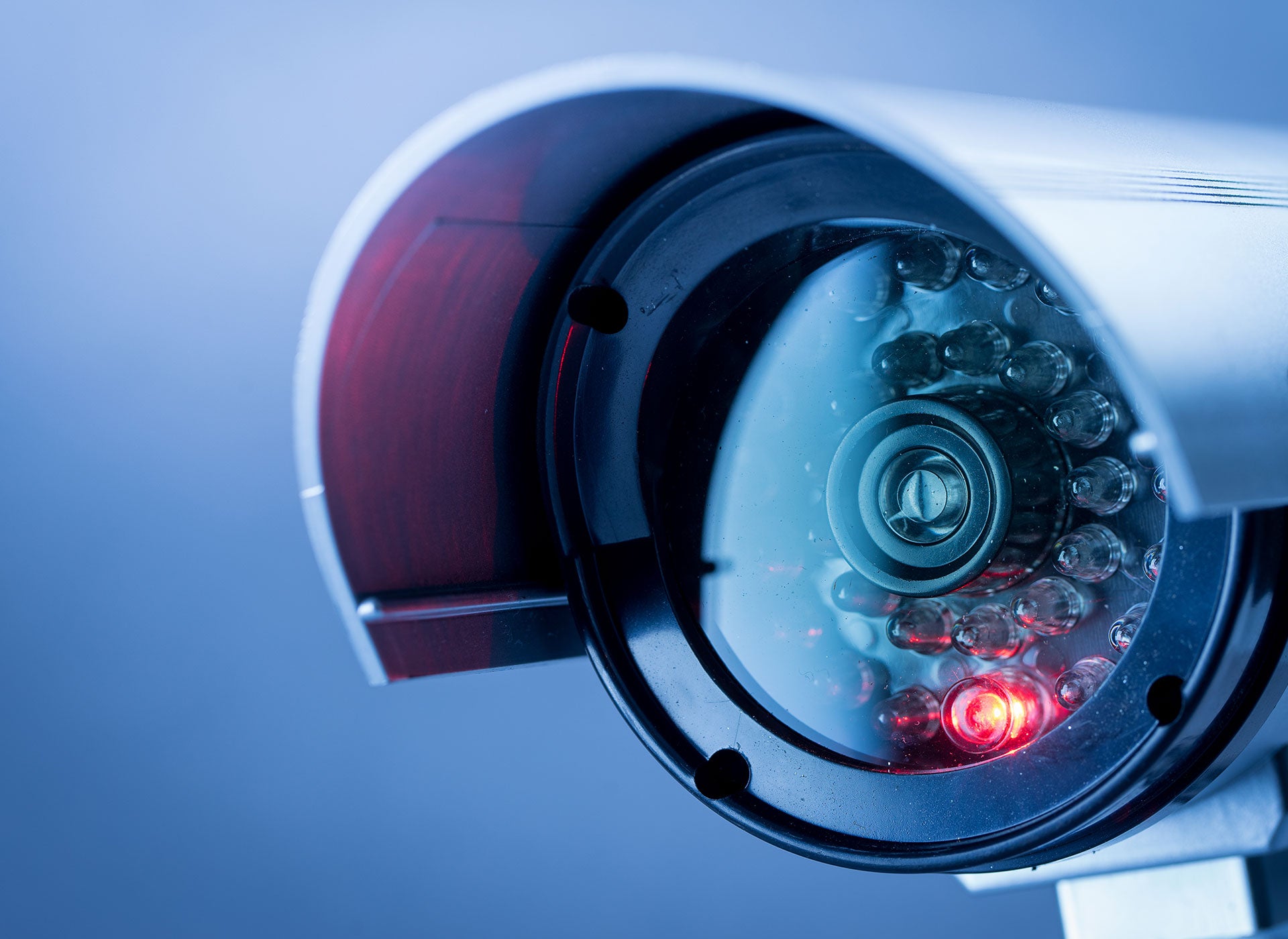
CCTV cameras that have a built-in temperature sensor to detect employees coming to work with a fever are being considered by office managers in a bid to tackle the COVID-19 coronavirus outbreak.
Developed by Swiss video security company Protectsys, the cameras have a normal video input, but also feature a temperature sensor that would alert security personnel if a person entering the building had a fever.
This could be used by security professionals to detect and isolate people who have a fever, so they can be tested for the virus.
The technology has previously been marketed to companies in China, but is currently being considered for installation in numerous offices in the UK, according to serviced office provider Offices.co.uk, due to the concerns surrounding outbreaks in particular office environments.
“Building managers are facing a nightmare with Coronavirus”, says Jonathan Ratcliffe from Offices.co.uk,
“One person could potentially infect hundreds meaning the building would have to close for weeks – there is going to be big money being thrown at this issue”.
How well do you really know your competitors?
Access the most comprehensive Company Profiles on the market, powered by GlobalData. Save hours of research. Gain competitive edge.

Thank you!
Your download email will arrive shortly
Not ready to buy yet? Download a free sample
We are confident about the unique quality of our Company Profiles. However, we want you to make the most beneficial decision for your business, so we offer a free sample that you can download by submitting the below form
By GlobalDataCan CCTV cameras really detect the coronavirus?
While the cameras can identify those with an elevated temperature, this does not translate into a test for the coronavirus, and so it is questionable how effective the technology would be at preventing an outbreak.
While the system could be effective at encouraging those with a fever to stay at home, it would not catch those carrying the coronavirus but not showing notable symptoms, and so may do little to stop the virus spreading.
However, according to Ratcliffe, this is not stopping some institutions from considering the technology.
“Automating the detection process to keep those with signs of the virus is the best form of defence to protect against large offices being shut down completely,” he said.
“We will definitely see this technology used in large banks and financial institutions in the City.”
Other methods currently being deployed by institutions include mandatory working from home for employees who have travelled to areas of the world with a notable outbreak, and dividing teams into two and taking turns to work from home, in order to minimise the risk of infection spreading to entire departments.
Read more: NVIDIA’s GTC conference now online-only due to coronavirus fears






